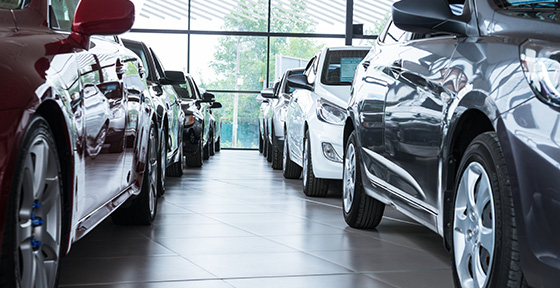One nearby place charges 69p a kwh, that’s near 20p a mile, that’s not going to tempt many to change.
There are also a lot of terraced houses in the country with no easy charging, certainly no home charging. And I’m not talking about just big cities. I’ve lived in a few towns in my time and they’ve all had that situation in at least a chunk of their housing stock. It’s only really houses built from the 50’s that had driveways, or big older houses. Whether that’s 20% or 40% or 60% of housing, I couldn’t say, but I’d say it wasn’t negligible. And irrespective of the price to charge, who wants to charge away from home all the time?
I don’t think there’s anything wrong with a mix as we transition and the transition will take 5-10 years from when we sell the last new ICE, and we’re a good few years from selling the last new ICE
There are also a lot of terraced houses in the country with no easy charging, certainly no home charging. And I’m not talking about just big cities. I’ve lived in a few towns in my time and they’ve all had that situation in at least a chunk of their housing stock. It’s only really houses built from the 50’s that had driveways, or big older houses. Whether that’s 20% or 40% or 60% of housing, I couldn’t say, but I’d say it wasn’t negligible. And irrespective of the price to charge, who wants to charge away from home all the time?
I don’t think there’s anything wrong with a mix as we transition and the transition will take 5-10 years from when we sell the last new ICE, and we’re a good few years from selling the last new ICE



